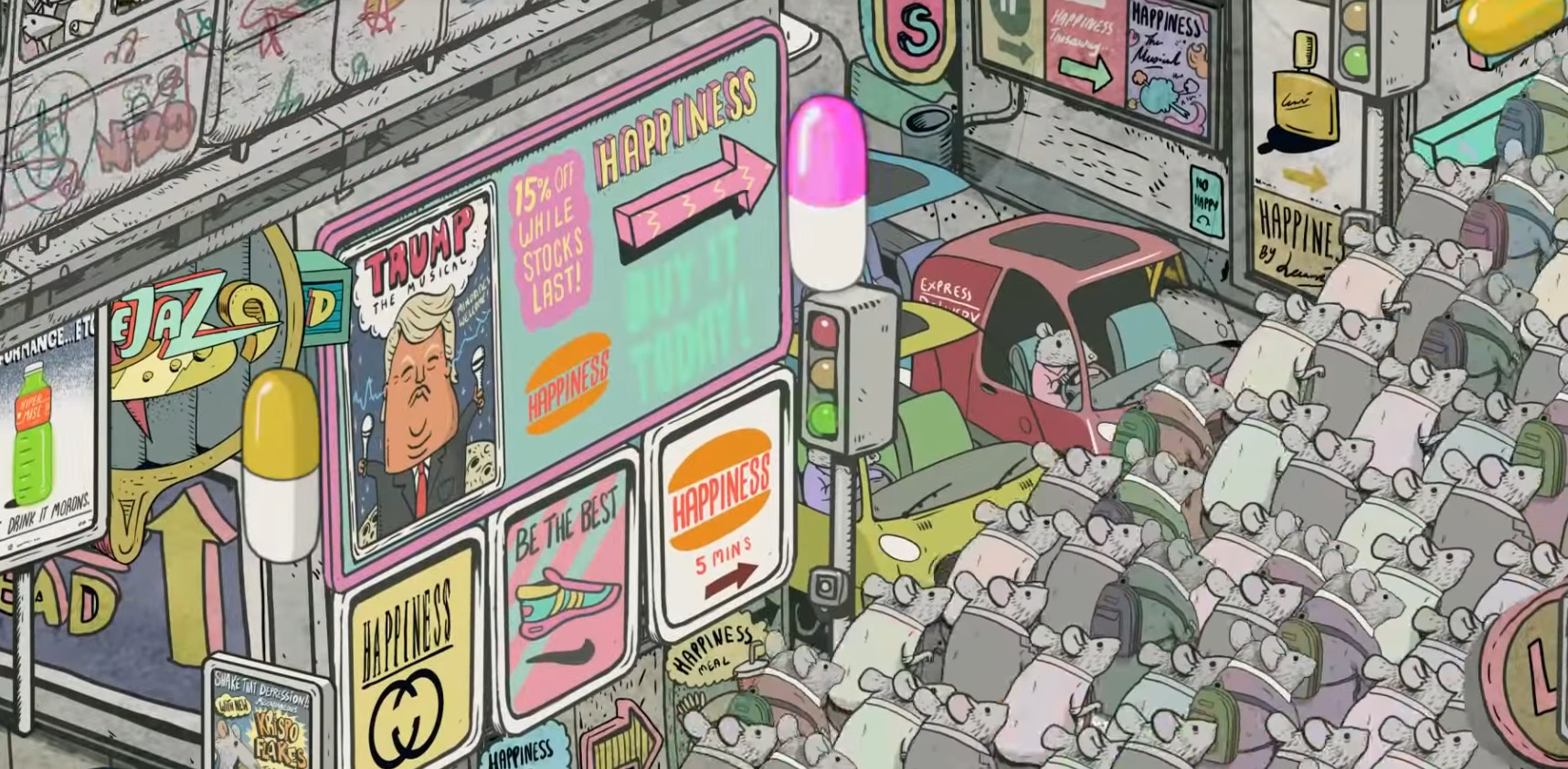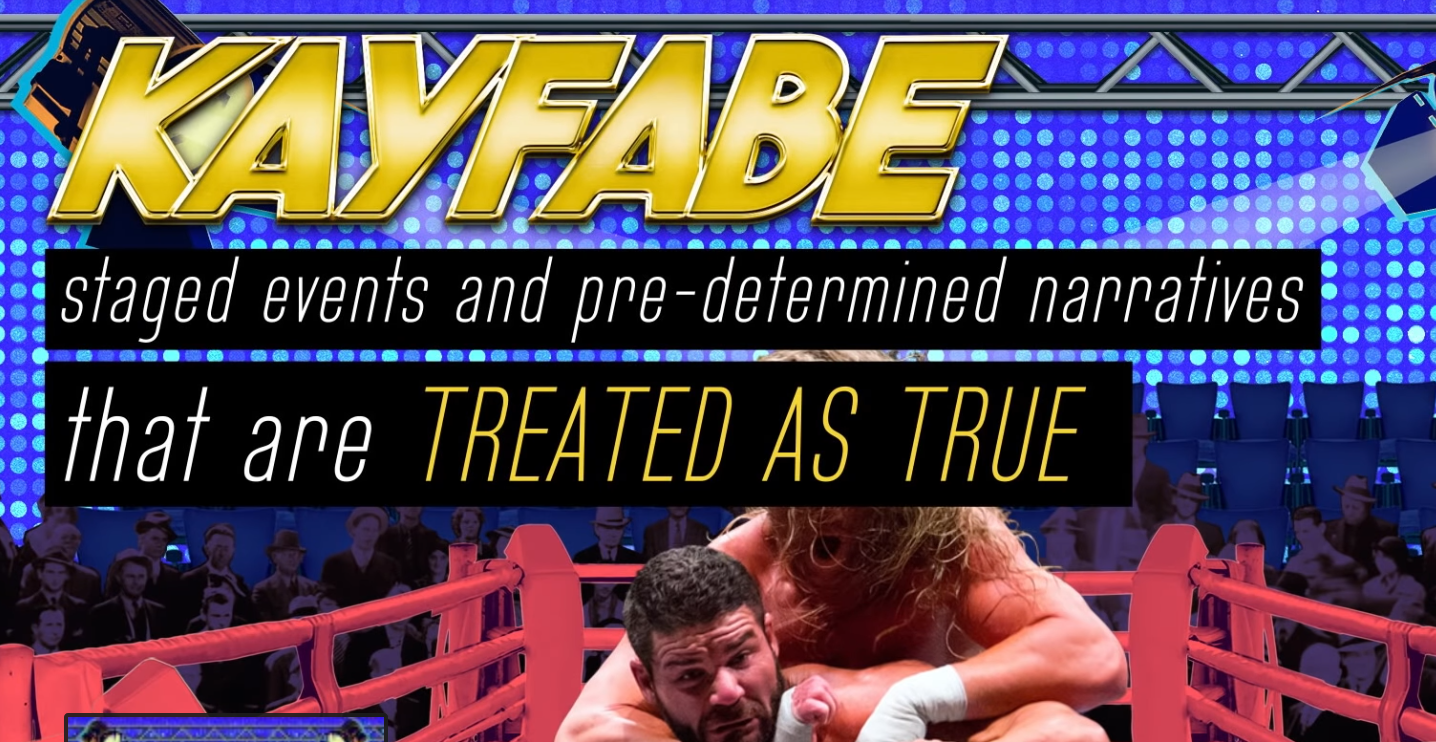
Keeping Christ and your calm at Christmas. 7 things to be mindful of.
What does Christmas, South By Southwest (SXSW), San Diego Comic-Con and the Sundance Film Festival have in common?
Stay with me.
At first, it may seem sacrilegious to compare Christ and Christmas to a music and tech event (South By Southwest), a film festival like Sundance or the biggest American comic book convention.
I understand that, for Christians, the birth of Jesus Christ is considered an event that’s a bit more important than seeing the latest superhero teaser trailer, indie film or hobnobbing with musical artists in Austin.
Still, all these events and Christmas do share a common problem that each is wrestling with: event consumerism creep. Consumerism is increasingly standing in as a proxy for the love and worship of events that we cherish.
In other words, an over-commercialization of the event to the point the celebration’s evolving and more product-focused traditions validate a participant’s’ role as an active consumer more than being a true believer.
Christmas. Buying = event participation. Belief is optional.
For a moment, think Christmas. An event named to celebrate when Jesus was born in a manger to save mankind from sin. and allow mankind to get into heaven. But if you think about the way we now celebrate his birth and its meaning, it has evolved…
“Hey, it’s my birthday. What did you get me? What!? You bought presents for everybody else but me? What kind of birthday celebration is this? “
What Jesus might be thinking
Why? One reason…
Marketing tends to commoditize our love for something. Like Christmas.
In terms of marketing goals, our love of Christmas and something like comics are no different.
In the early days, San Diego Comic-Con was an event mostly for hardcore comic book lovers. I’m talking about the actual pulp-paper-and-ink comic books. Now it’s a place to buy sci-fi goods, to buy and wear cosplay outfits and where movie studios go to promote their latest sci-fi or superhero-related movies.
While actual comic books are there, in the same way that the History Channel has become less about hard, factual history and more about a show featuring Viking dramas and aliens, comics are slowly becoming the also-ran at the event. People come less for the comics and more for all the other activities that focus on purchase and consumption.
South by Southwest (SXSW) and Christmas.
South by Southwest was first held in 1987 as a way for musicians from the region to meet and collaborate, even get discovered. 150 people were expected. Over 700 attended. In 1999 and driven by the dot-com boom, a new tech component was added, SXSW Interactive. The event audience increased the Austin-based event over 1000 percent.
Corporate America: Hey, can we come, too?
Amid the streets of Austin, now strained with people and cars, corporate integration, attracted by the event popularity, came to down. In the past companies like McDonald’s, Capital One, AT&T and Pepsi have bought sponsorships integrating their brand, products and messaging into the event. Branded swag. Product discounts. Special branded event areas and services.
SXSW was originally intended to be an organic event. But it’s rare that “corporate” and “organic” objectives find a balance. One will need to concede or change.
In fact, according to reports, some of the angriest comments from SXSW attendees come from those who say the organizers have commercialized the festival and have strayed away from what it stood for.
In other words, is South by Southwest about the music? Or the free Pepsi tote bags?
Keeping the spirit of events like Christmas.
Of course, not everybody becomes a pure event consumer. Like the SXSW fans who’ve gotten angry, there are the true believers who remember what made those events special in the first place. And they come back time and time again to reconnect with the emotional, organic or spiritual moment.
And there’s the rest of us. I included.
Think Christmas isn’t commercialized?
Ask yourself this question.
Are your kids excitedly waiting for Christ or filled with joy on how happy Christ will be that you celebrated his birthday? Or are they breathlessly waiting to wake you up at 5 am Christmas morning to rip open the packaging on the new Microsoft Xbox?
Even as a kid, I can tell you the “good book” I looked to around Christmas time was the Sears Christmas Catalog, which I would study religiously. I could tell you exactly on what page of the thousand-page book had the toys I wanted for Christmas.
I went to church as a kid, but Christmas really didn’t mean Jesus to me as a kid. It meant toys. But I paid lip service to Jesus. Like workers who get Columbus Day off, you likely appreciate getting the day off more than the reason you have the day off.
Because we’ve come to accept the commercialization, most of us are willing to draw a convoluted line from the commercialized benefits we get from an event back to the original intent of the event. Keeping that Rube Goldberg connection allows us to tell ourselves we are still in the worship of the true meaning of the event. That present that we wanted and are getting is really about Jesus, ‘cause he got gifts, too.
That loose connection that drives Christmas consumerism.
Of course, no one’s evil for our consumerism pivot. When we love something, we overdo it. We make what we love bigger and bigger. Often we do it by expanding the meaning to attract a larger audience. That’s why commercialization of an event is so effective.
Originally, early Christian leaders did it by co-opting a pagan holiday called Saturnalia by expanding its traditions and customs into Christianity. But that’s another story for another time. Let’s focus on marketers.
Marketers and companies craft words, terms and associations with items around the event with broader and broader meaning. It creates a consumer vocabulary and space that’s welcoming for non-believers to participate.
It’s likely one of the reasons we likely say “Happy Holidays” in addition to Merry Christmas. Now you don’t have to be a Christian specifically to get in on the gift-giving action.
Or “Don’t like comics?” says Comic-Con, “But you like movies or buying costumes? No problem. Join us!”
When this happens consumer products also start to become the core symbol of the event. The change happens, little by little, until one day it’s hard to see what we originally did it for.
It’s Christmas. Buy the tree, lights and waving Santa.
It’s beginning to look a lot like Christmas. How do we know?
Probably because half the homes in your neighborhood look like a Santa-themed disco.
For Christmas, a lot of us put up lights to celebrate the holiday. Then somehow over the years, you find yourself in a lighting arms race with the Petersons next door because the rest of the neighborhood raved about their light show nativity scene.
“ And thou will have celebrations of me with starbursts. Playing “Rock You Like a Hurricane” in the background wouldn’t hurt.”
Not likely Jesus
Spreading Christmas cheer is not about buying it.
We get caught up in the buying and the need to “get something” as consumers. This is where the stress of the holidays comes in.
It’s stress that can take us out of being mindful about enjoying the meaning of the moment of the holidays. Increasingly consumer-minded, we often worry about not getting the right holiday gift or buying the right holiday look and forget to enjoy the real meaning of the event.
For everyone to keep calm and avoid stress, it’s all about being mindful of what Christmas is all about.
Seven mindfulness tips for Christmas.
- Don’t be concerned with material goods. I don’t suspect Christ’s big idea was to come to earth to score free Muir from the wise men.
- Remember the best moments are often the ones you can’t buy.
- The idea of peace of Earth and Jesus being the prince of peace probably means you shouldn’t taser someone for taking the last Xbox at Wal-Mart.
- Try to be more excited about the arrival of the birth of your savor than the InstaPot you’ve wanted.
- Santa. Who doesn’t love Santa? Yet teaching your kids to get excited about a figure made modern by the Coca-Cola company who gives you things is probably not the way to celebrate a god who is reported to be not too crazy about false idols before him (See The 10 Commandments or the original Santa vs Jesus South Park).
- Be mindful and happy and focused on your personal celebration. Mindfulness is focusing on what you can control. What you can control is your personal relationship with Jesus or whomever you worship and your personal happiness and connection to the meaning of Christmas.
- And here’s the important part, focus on if Christ is in YOUR heart. Not what’s hung on the walls or what comes from the lips of the people at Dicks Sporting goods when they’re buying Eagles jerseys.
Focus on that last one particularly. Otherwise, you can turn into that doctor we all know who gets snippy if you don’t call them “Dr.” in casual conversation.
That is the problem with what seems is often filed under the annual and stress-inducing War on Christmas. It turns personal belief into work and nearly fruitless effort to impose a public demand on others. People we really can’t control. Creating faith or giving someone space to celebrate and demanding their compliance are two different things.
When you see the focus on the celebration stress and freak out at a bratty sweet sixteen party on MTV or as a bridezilla on her wedding day, the trip switch is usually a reaction to the people and their environment not willing to submit to the guest of honor’s whims and demands. “I wanted THAT car!” “
The feel they have a license to demand that often steps over other’s personal boundaries. Demanding not only acceptance but outward displays of obedience.
Where “Happy Holidays” vs. “Merry Christmas” controversy comes in.
Like the doctor, or the sweet 16 meltdowns, this need to impose actions on others, breaks mindfulness and the shift moves from enjoying the present to feeling the stress of expecting the world to validate your feelings. That’s giving power to others to validate your faith. Which can be stressful if you don’t get the response you want.
If you’ve done the work or feel the connection to Christmas, you don’t need my or anyone’s permission or acknowledgment to be a doctor (or a Christian). Just be one, and a good one. Your record as one counts more than how other people address you. So if someone says “happy holidays” instead of “Merry Xmas” live your life knowing that you andJesus will go on (until eternity if I’ve read the Bible correctly).
And with that. Have a Merry Christmas. Or whatever you want to call it. And I’ll see you in the new year.
Hey, I wrote a book about being mindful in the new age of content.
Does This News Make You Look Fat? A book about media consumption and how the way we consume it makes up intellectually obese. Preview or buy the ebook at Amazon.































